Photo courtesy: women fishers in Sango-Rota stepping into the male-dominated space by engaging in traditional fishing
It’s Thursday mid-morning. The sun slowly makes its way towards the furthest end of the horizon, several women are besmeared on the shores of Lake Victoria highly holding their fishing tools, making their way slowly out of the still waters. Weariness is written all over their faces with a subtle mix of determination, which seems to have been knocked off over the years by the struggles they go through after spending a whole day in the tangled webs of the water hyacinth in the lake, a quite unfavorable environment, which they are forced to be in despite the risks involved like contracting waterborne diseases and obtaining injuries, but they are highly motivated by the need to fend for themselves and their children.
Sango-Rota is a village pitched in Nyakach Sub- County, Kisumu County. It is a home to several Luo clans including; Koguta, Kadiang’a and many more that settled along the shoreline. Fishing is their main source of sustenance and income, as they are one of the major suppliers of fish in Nyakach and beyond including; Ringa, Kabondo, Chabera, Oyugis, Siaya and Homabay. However, the fishers in Sango who are majorly women are facing a lot of challenges, the major one being infestation of water hyacinth, which has forced them to opt to the traditional way of fish harvesting coupled with the fact that they don’t have boats
It’s common that when fishing is mentioned,the type of fishing that crosses one’s mind is the conventional one of casting in and out nets into the waters while the fishers are in their boats or by the shore,but this one is different,different in a shocking way! Over 1000 Sango-Rota women can be seen Manoeuvring through the tangled water hyacinth,their hands clutching on to the medium-sized containers held in one hand,as the other one is used in uprooting the water hyacinth seemingly blocking their way. They walk up to the middle,which is obviously the deepest part of the lake, and are seen rising up at intervals as they shove snake-like fish,popularly known in Luo language as ‘nyapus’ in their containers.
One might mistake it as a simple task of just rising and sinking at intervals, but it’s only the women who have to get in the tangled hyacinth as early as 6 am and stay in the water that submerges their whole body up to their chest till the late evening hours can tell you the challenges they go through to obtain a catch at the end of the day.
Josephine Achieng’ , a widow raising her children on her own is among the women who have to go through these struggles to put food on their table.
“This type of fishing is like gambling. You gain or you lose,but we have no other option but to cast our votes on the uncertainties and look forward to a better outcome at the end of the day, in order to feed and take care of our children.” Achieng’ narrates
From the look of it,Achieng’s problem might be the least of it,because other women have deep injuries and open wounds they obtained while engaging in the traditional fishing style,while a good number of them have protruding stomach,which presumptuously is a manifestation of Bilharzia.
“When I got married, I was in good health,and had no protruding stomach.” Rose Atieno reports
According to the reports these women are forced at times to bring their children to help them so they increase the quantity of their daily harvest,but they also end up contracting Bilharzia, Malaria and pneumonia during the backflow of water,which predisposes them to waterborne diseases,and the best medical care they are able to afford in such cases is use of painkillers to pacify pain,but they are not in a position to seek full medical attention due to financial constraints.
“Despite all the risks involved, we still struggle to make ends meet because we sell the fish in local markets and end up getting a meagre earnings of ksh 50 per fish,which is not enough to cater for our needs.” Josephine adds
These women could easily call it quits with this tedious task,this is what we are all bound to think,but according to them,it’s more of a necessity than a choice.
“It’s the only way of generating income that we can use in taking care of our families.” One woman reports
Most of the women taking part in this type of fishing seems not to be contented with it,and are only pushed to so due to unavoidable circumstances. Out of the many remarks,most of them will willingly give up fishing to practice farming or even engage in small businesses if given the required support,and they make it clear that they only indulge in fishing because they don’t have land for farming and neither do they have capital to start businesses.
Joseph Goda, a resident of Sango-Rota and also the chairman of Sango Environmental Degradation Rescue (A community Based Organization) is one of the people in the front line fighting for the redemption of these women.
“The Government should set up medical facilities for these women so that they can get proper medical attention. The painkillers they use in treating these injuries are not effective because once they start getting relief,they go back fishing and obtain even more injuries.” Joseph reports
“The Government can also work towards setting up small businesses for them so that they can give up fishing because it is clearly detrimental to their health.” Joseph adds
As the sun sinks further and darkness unfolds, the women of Sango-Rota steadily make their way to the shore carrying their tools and all the catch they made. One can openly see them sinking in misery as they bend down to monitor the fresh cuts and wounds obtained from fishing,added right next to the old ones. Phoebe Awino is among these women,she looks up to the reporters and curve her lips into a bitter and weary smile,her only plea is to call upon the Government to support them with capital to set up small businesses in order to evade all the misery associated with the traditional fishing.
“The Government should come to Sango-Rota and witness the tribulations faced by these women,perhaps that will propel them to support them economically.” Joseph Goda emphasizes

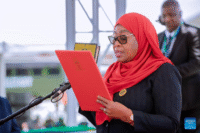
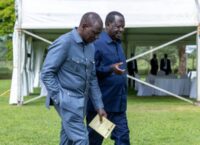





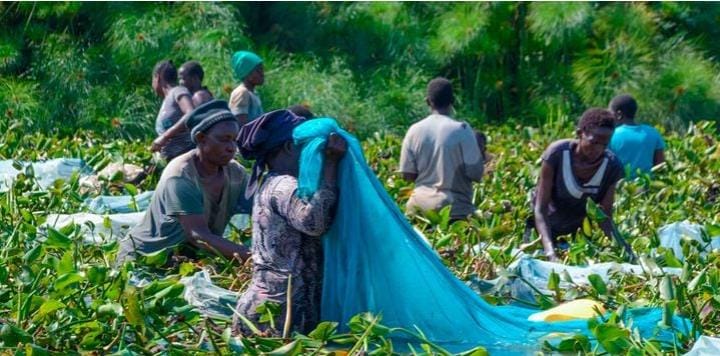



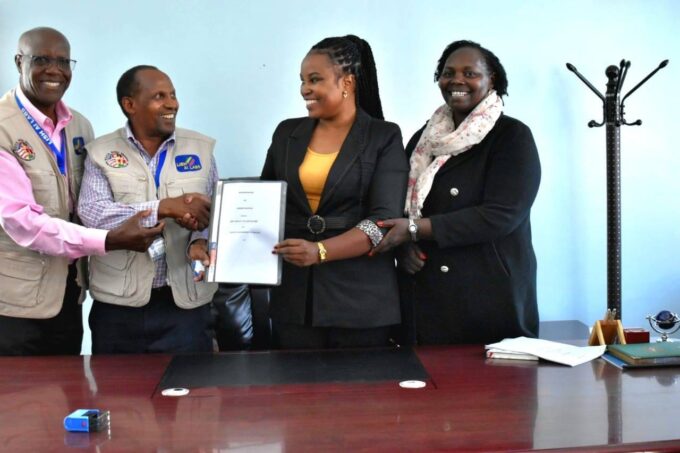
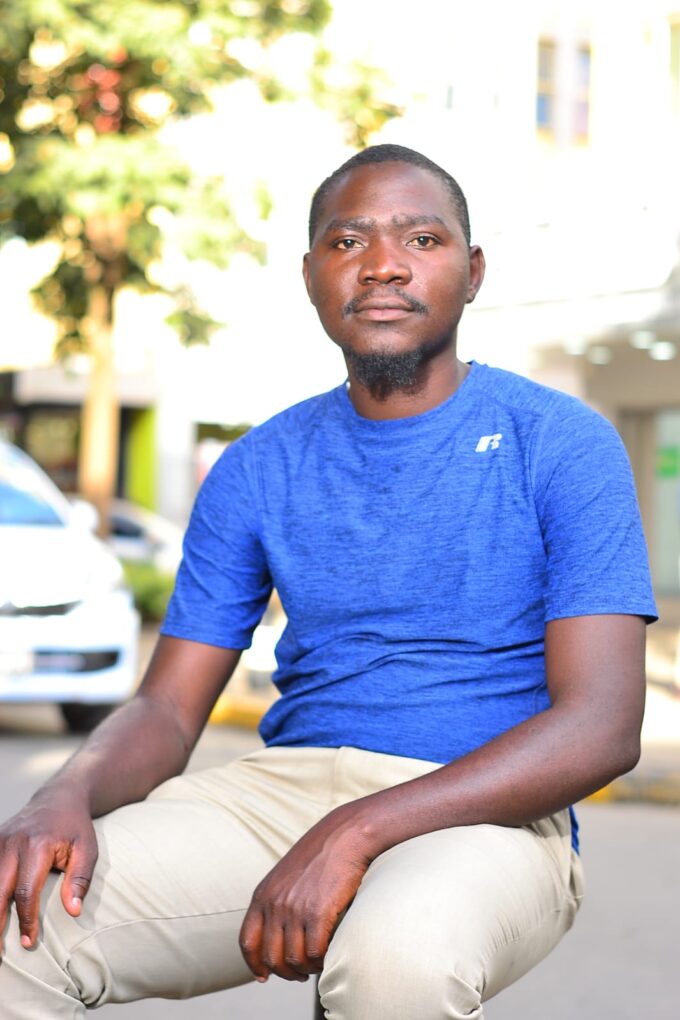

Leave a comment